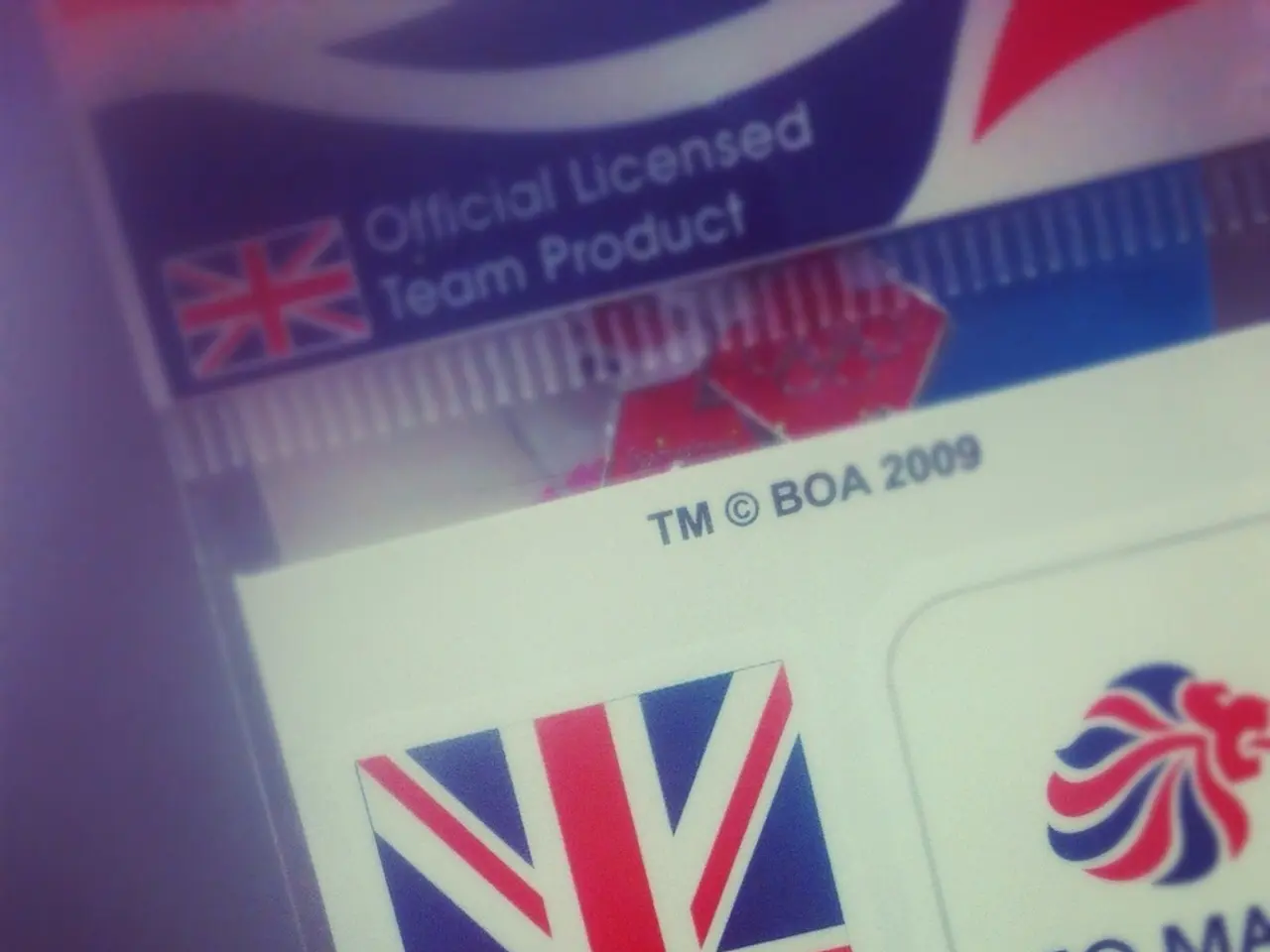U.S. Authority May Increase Involvement in Export Operations
The technology landscape has seen a significant shift with the U.S. government's recent decision to allow Nvidia and AMD to export their AI chips to China, under an agreement that includes a 15% royalty collection.
Initially, the H20 systems from Nvidia were affected by the tightened U.S. government rules for semiconductor sales to China. However, the policy change happened after persuasion from Nvidia CEO Jensen Huang, allowing the H20 systems to be shipped to China.
The agreement is unique to the chip industry at the moment, and it is a response to the U.S. government's growing concern over the export of high-tech components or equipment with dual-use military potential. This policy change is a recent development, and it could potentially be extended to other industries.
Nvidia, the market leader in the AI chip industry, has been at the forefront of this change. The H20 systems, which are stripped-down AI chips, are now allowed to be exported to China, subject to the 15% royalty collection. President Donald Trump initially demanded a 20% royalty but later agreed to a 15% rate.
The royalty collection is intended for the U.S. government, as stated by President Trump for "the country." U.S. Treasury Secretary Scott Bessent has suggested the possibility of expanding this royalty collection over time.
The industries that could potentially be subject to license-based export restrictions similar to those for AI chips typically involve technologies with significant dual-use capabilities. These industries include advanced semiconductor manufacturing equipment, supercomputing and high-performance computing technologies, quantum computing technologies, telecommunications equipment, artificial intelligence software and specialized AI accelerators, military-grade electronics and sensors, and other sectors involving high-tech components or equipment with dual-use military potential.
The U.S. Department of Commerce's Bureau of Industry and Security (BIS) implements such controls to prevent adversaries from accessing technology that could elevate their military or nuclear capabilities. The tightened policy towards semiconductor sales to China, particularly the collection of royalties from Nvidia and AMD's sales to China, is part of an unprecedented agreement between the U.S. government and these tech companies.
In summary, the U.S. government's policy towards semiconductor sales to China has been tightened, and Nvidia and AMD are now allowed to export their AI chips to China, subject to a 15% royalty collection. This policy change is a response to the U.S. government's growing concern over the export of high-tech components or equipment with dual-use military potential, and it could potentially be extended to other industries.
Read also:
- More than half of British homes adhere to insulation standards established during the 1970s.
- German Obsession with Luxury Vehicles Thriving Amid Traffic Congestion
- Coastal men's disruptions of dolphin gatherings might lead to jail sentences
- Upcoming Rivian Models May Incorporate Wireless Steering Systems







